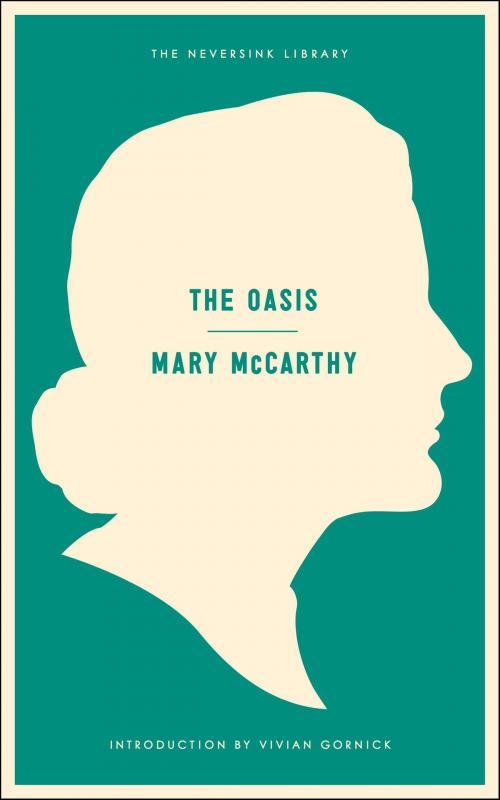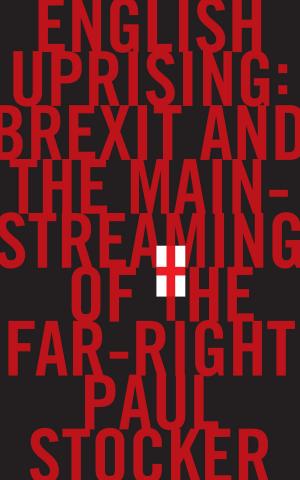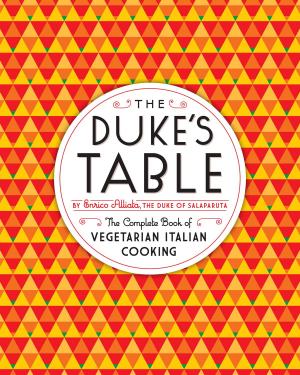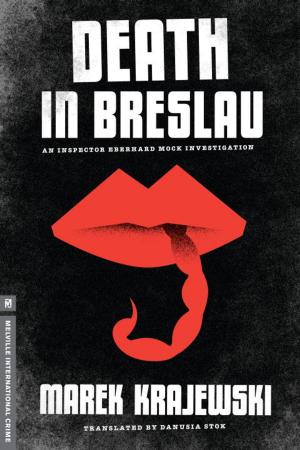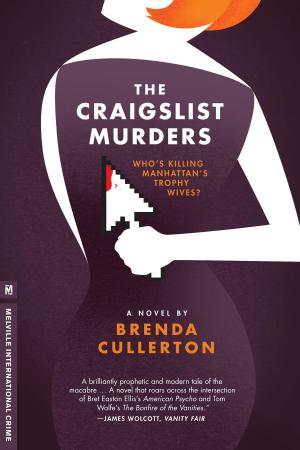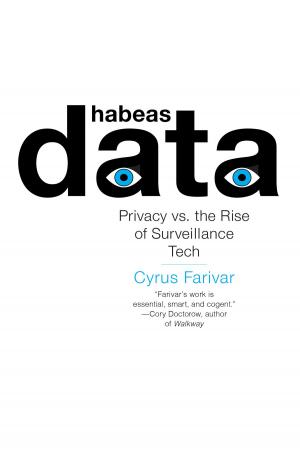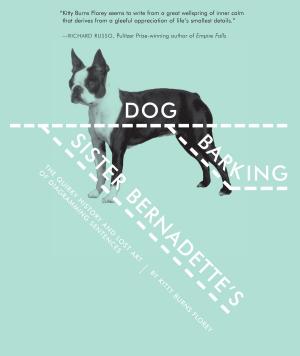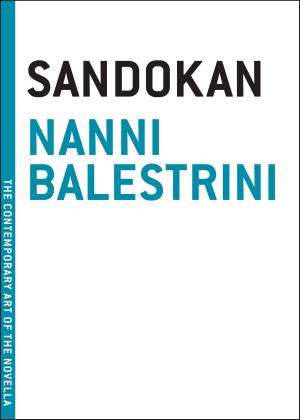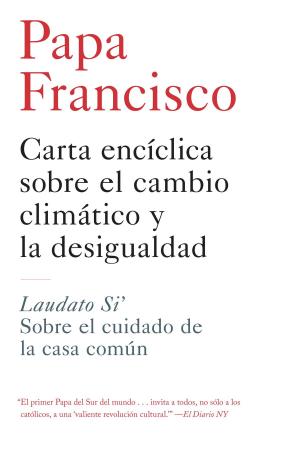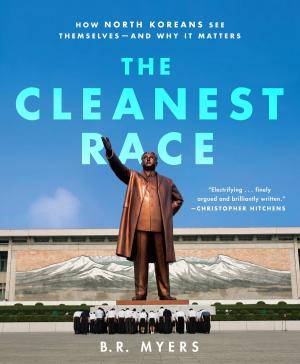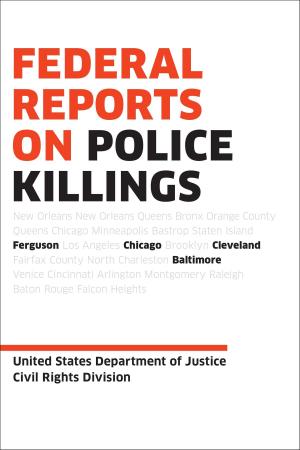| Author: | Mary McCarthy | ISBN: | 9781612192291 |
| Publisher: | Melville House | Publication: | June 11, 2013 |
| Imprint: | Melville House | Language: | English |
| Author: | Mary McCarthy |
| ISBN: | 9781612192291 |
| Publisher: | Melville House |
| Publication: | June 11, 2013 |
| Imprint: | Melville House |
| Language: | English |
A vicious and brilliant satire of human vanity from the author of the classic bestseller The Group
Long out of print, Mary McCarthy's second novel is a bitingly funny satire set in the early years of the Cold War about a group of writers, editors, and intellectuals who retreat to rural New England to found a hilltop utopia. With this group loosely divided into two factions—purists, led by the libertarian editor Macdougal Macdermott, and the realists, skeptics led by the smug Will Taub—the situation is ripe not only for disaster but for comedy, as reality clashes with their dreams of a perfect society.
Though written as a roman à clef, McCarthy barely disguised her characters, including using her former lover Philip Rahv, founder of Partisan Review, as the model for Will Taub. As a result, the novel caused an absolute explosion of outrage among the literary elite of the day, who clearly recognized themselves among her all-too-accurate portraits. Rahv threatened a lawsuit to stop publication. Diana Trilling, Lionel Trilling's wife, called McCarthy a "thug." McCarthy's friend Dwight McDonald (Macdougal Macdermott) called it "vicious, malicious, and nasty."
Never one to shy away from controversy, McCarthy's portrait of her generation had indeed drawn blood. But the brilliance of the novel has outlasted its first detonation and can now be enjoyed for its aphoritic, fearless dissection of the vanities of human endeavor.
In an added bonus, the renowned essayist Vivian Gornick details in a moving introduction the importance of McCarthy's intellectual and artistic bravery, and how she influenced a generation of young writers and thinkers.
From the Trade Paperback edition.
A vicious and brilliant satire of human vanity from the author of the classic bestseller The Group
Long out of print, Mary McCarthy's second novel is a bitingly funny satire set in the early years of the Cold War about a group of writers, editors, and intellectuals who retreat to rural New England to found a hilltop utopia. With this group loosely divided into two factions—purists, led by the libertarian editor Macdougal Macdermott, and the realists, skeptics led by the smug Will Taub—the situation is ripe not only for disaster but for comedy, as reality clashes with their dreams of a perfect society.
Though written as a roman à clef, McCarthy barely disguised her characters, including using her former lover Philip Rahv, founder of Partisan Review, as the model for Will Taub. As a result, the novel caused an absolute explosion of outrage among the literary elite of the day, who clearly recognized themselves among her all-too-accurate portraits. Rahv threatened a lawsuit to stop publication. Diana Trilling, Lionel Trilling's wife, called McCarthy a "thug." McCarthy's friend Dwight McDonald (Macdougal Macdermott) called it "vicious, malicious, and nasty."
Never one to shy away from controversy, McCarthy's portrait of her generation had indeed drawn blood. But the brilliance of the novel has outlasted its first detonation and can now be enjoyed for its aphoritic, fearless dissection of the vanities of human endeavor.
In an added bonus, the renowned essayist Vivian Gornick details in a moving introduction the importance of McCarthy's intellectual and artistic bravery, and how she influenced a generation of young writers and thinkers.
From the Trade Paperback edition.
